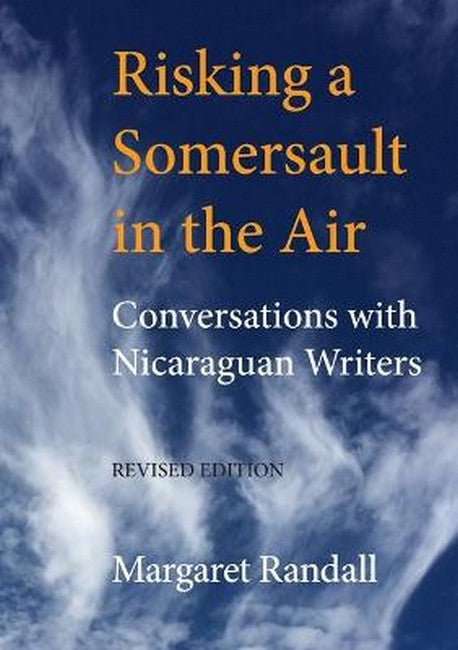Margaret Randall is a feminist poet with a long history of social activism (in Mexico, Cuba, and Nicaragua, as well as the United States). More than 150 published books reflect her personal experience and generational struggles. She has also translated much poetry by others. In Mexico, she co-founded El Corno Emplumado, a bilingual journal that published more than 700 writers from 35 countries. Returning to the US in 1984, the government ordered her deported, claiming her writing subversive. She won her case in 1989. Among her recent awards are the Poet of Two Hemisphere Prize (Quito, Ecuador 2019) and the 2020 George Garrett Award given by AWP.
Request Academic Copy
Please copy the ISBN for submitting review copy form
Description
This is a book that encourages and empowers those of us who are poets, those of us who write - and those of us who work to change society to fit the hopes and dreams of the common people. -- Alice Walker This new collection of fourteen interviews with Nicaraguan writers is a fascinating testament to basic human possibilities despite the harshly political determinations we have forced upon them. Once again it is Margaret Randall's unique power as a listener that can make a bridge to this complex place we must finally recognize as our common world. -- Robert Creeley The wonder of some of these interviews - I'm thinking of Giocanda Belli and Vidaluz Meneses particularly - the truthfulness as they tell their lives as women and literary workers in a revolutionary time ... the happiness, the toll, the sacrifice that's part of the process. And most interesting to an American woman and writer - the pride of being heard, your next poem waited for - your trade "poet" respected and emulated by the young. -- Grace Paley 'We're all poor and we're all poets here,' said one of the leaders of the Revolution that's making a nation out of a colony. In Nicaragua, a country under constant attack, a country searching for itself, there isn't a word worthy of being spoken or written if it hasn't first been celebrated and suffered. These interviews by Margaret Randall bear witness to that literature standing on its own two feet." -- Eduardo Galeano

